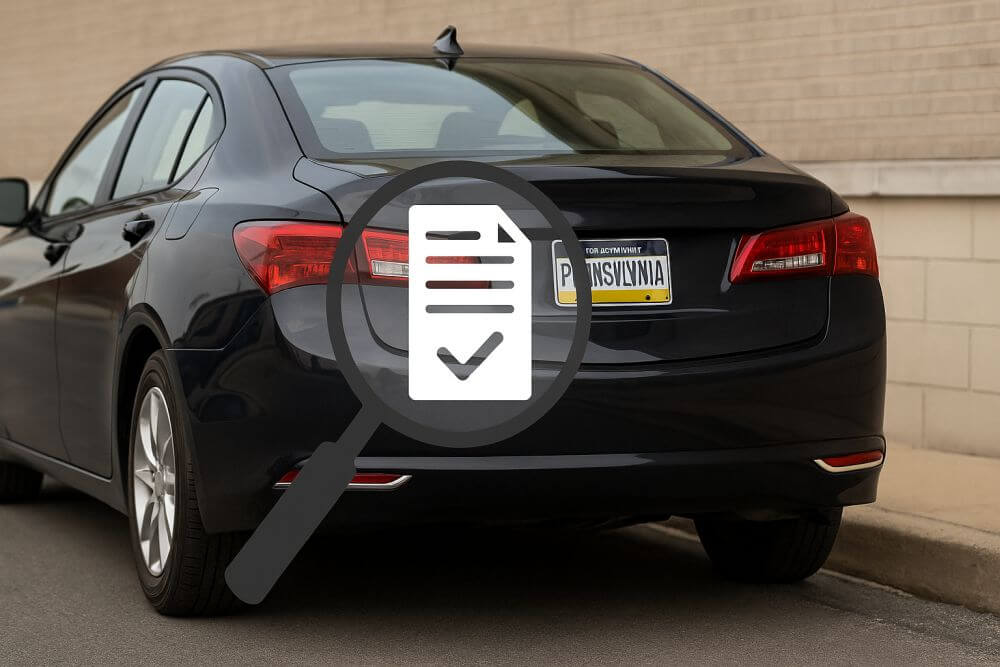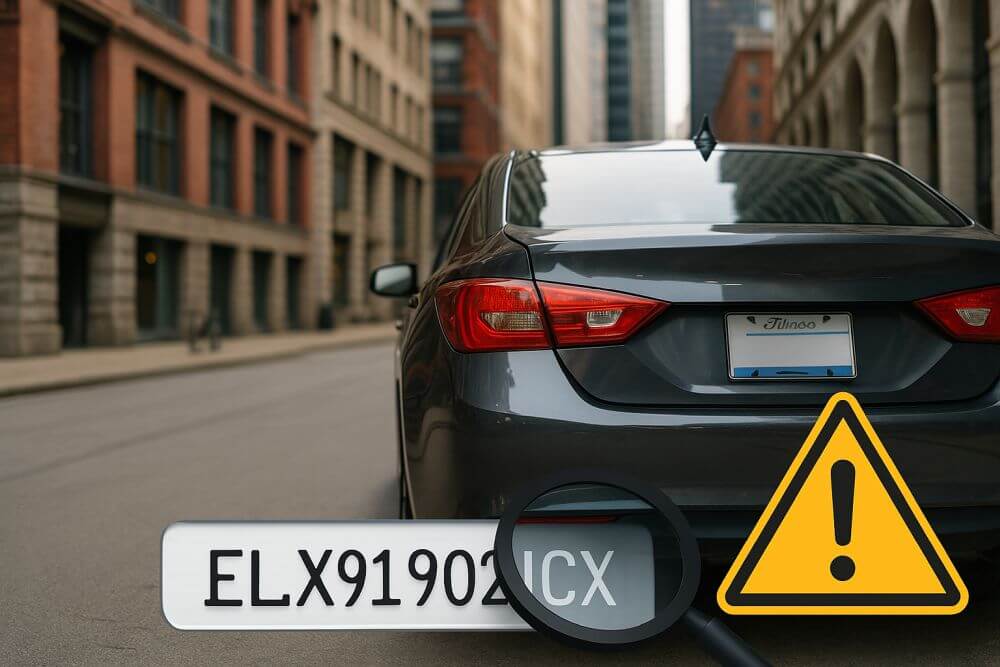Can you tell what a car that has 5,000 miles on it looks like? How about one with 50,000? What about one with 150,000? If you answered that all you had to do was look at the odometer, then you could find yourself a victim of odometer discrepancy.
Odometer Discrepancy: How Does It Happen?
 Odometer discrepancy happens for one of two reasons: something is wrong with the odometer or someone has tampered with it.
Odometer discrepancy happens for one of two reasons: something is wrong with the odometer or someone has tampered with it.
The first one can be a problem for older cars that still use a manual dial. Over time, the gears in the dial can become warped, stuck, or broken. This affects the accuracy of the odometer or may cause it to stop working entirely. On electrical models, an inaccurate odometer reason is usually the fault of a system or computer error. While some repairs of the odometer can be done at home, others require a mechanic. If the repairs are done by a reputable mechanic, then he or she will note on the title and on the car that an odometer repair has been made.
Sadly, the more common reason for odometer discrepancy is due to tampering. Because used cars are valued based on the mileage they have them – or more specifically, the mileage that they do not have on them – some unscrupulous sellers will attempt to change the odometer back to shower fewer miles than have actually been driven. The tampering itself is not that difficult for someone with a little mechanical no how or access to a computer. In fact, many odometer discrepancies are caused by people using the very tools and programs used by mechanics to set the proper mileage on cars whose odometer has stopped working.
What You Can Do To Protect Yourself
The easiest way to avoid purchasing a vehicle with an odometer discrepancy is to be aware of how discrepancies occur and what to watch out for. A mechanic may be able to look a car over and tell you whether or not the wear and tear on the car appears to be consistent with the amount of miles that it supposedly has on it.
For those that are not mechanically inclined, knowing how to read a free vehicle history report can help to prevent you from buying a car that has more mileage than the odometer says. A free vin check report allows you to look into the history of the car and find out vehicle information like title transfers, accidents, repair records, and more. You can even check out vehicle history for free online. Pay close attention to recorded odometer readings. At the very least, the odometer readings should have been taken every time the title was transferred to a new owner. If you see something suspicious, act on your gut instinct and have the odometer checked out.
Taking the extra time to look into a vehicle’s history might seem like a waste. But once you understand how much it can help you out in the long run to know the true mileage on your vehicle, you can use the information to make smart buying choices.


